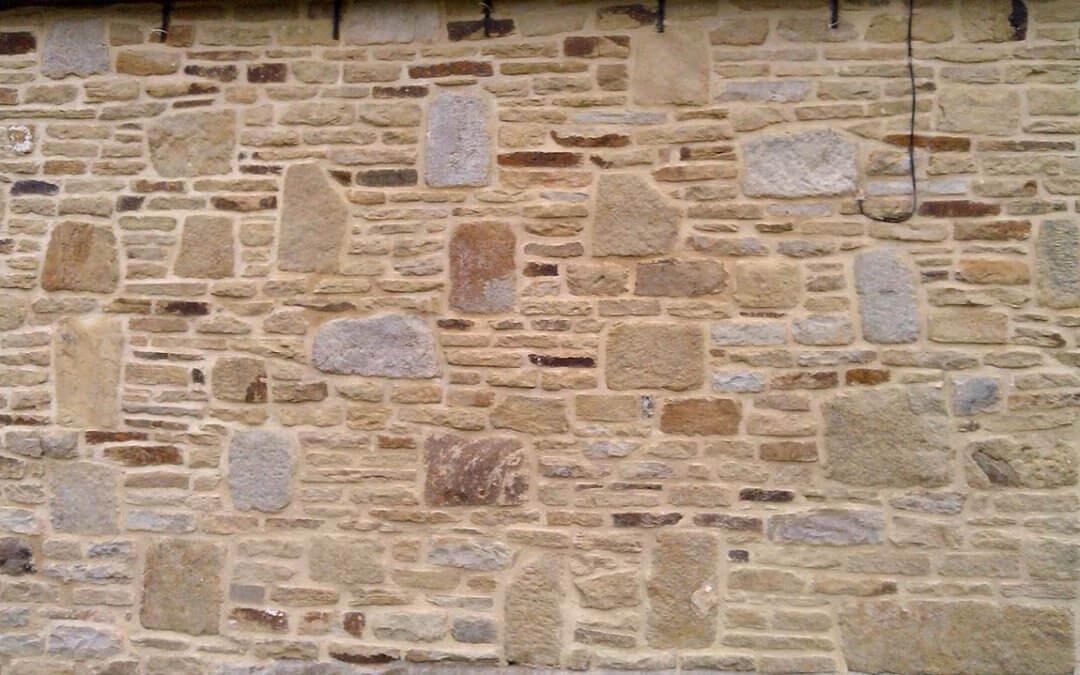Brick and stone are hardy materials but the mortar which holds them together is under constant pressure. Temperature changes, wind and rain all take their toll on your mortar which means it will require periodical repointing. This is not usually a big job, but if left it can cause other problems such as water ingress and damp.
So how do you know if your brickwork needs repointing? Here are 7 things you need to know before either doing the job yourself or getting someone to do it for you.
1. What is mortar?
The “glue” which holds your brick and stonework together is called mortar. The mortar allows the bricks to settle and creates a waterproof seal to keep out the wind and rain. Mortar is not as hardy as stone, brick or concrete so will need replacing periodically.
2. What is pointing?
Pointing is the process of removing the old mortar and replacing it with new mortar. To do this the old mortar is removed, usually to a depth of 12mm, before the new mortar is applied. Pointing helps to seal the brickwork keeping it weatherproof.
3. How to test the resilience of your current mortar
To test the resilience of your current mortar, start by examining it to ensure it is even and flush with the brickwork. If the mortar does not look even or is flaking away, dig your finger into the wall to see how easily the mortar comes away. If you can easily remove mortar with your fingers it may need replacing.
4. Should you carry out mortar pointing yourself?
Pointing is a relatively simple process, but it is best carried out by a professional. Not using the right type of mortar can compromise the integrity of your brick or stonework. While badly applied mortar will not only look unsightly, it will need replacing much sooner.
5. Make sure the right type of mortar is used
The right type of mortar must be used. Cement wasn’t used until the 1940s, so older homes will need a lime-based mortar. Using a cement-based mortar may compromise the structure of your external walls, causing them to become damp. There are many different types of mortar for repointing brick and stone so make sure the right one is used.
6. Ensure the mortar used is the right colour
It is important to choose the right colour mortar when stone or brick pointing. Using the wrong colour may change the character of your home, not to mention look unsightly if you only need to partially repoint. On listed buildings, it is also a legal requirement to use mortar of the right type and colour.
7. How much does it cost to repoint a house?
This is a difficult question to answer, the cost will depend on the size of the house and the type of mortar used. But generally speaking, it will cost between £20-£30 per square metre for repointing a family home using cement-based mortar.
If you would like more information about repointing your home, get in touch with the restoration experts at BRC Leeds today. We provide a range of professional building restoration services, including brick and stone pointing, facade cleaning and historic building restoration. Get in touch with us by completing our CONTACT FORM

